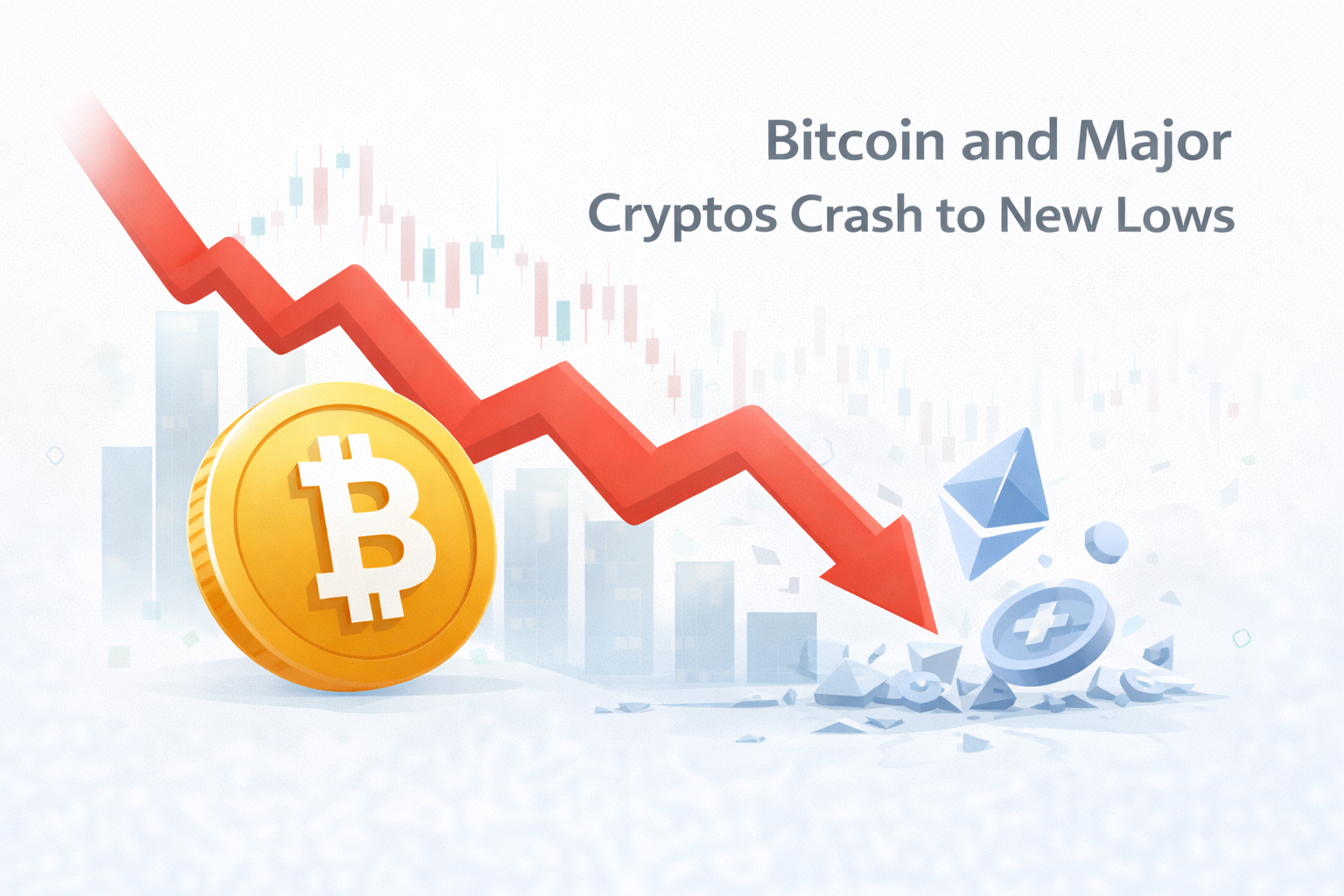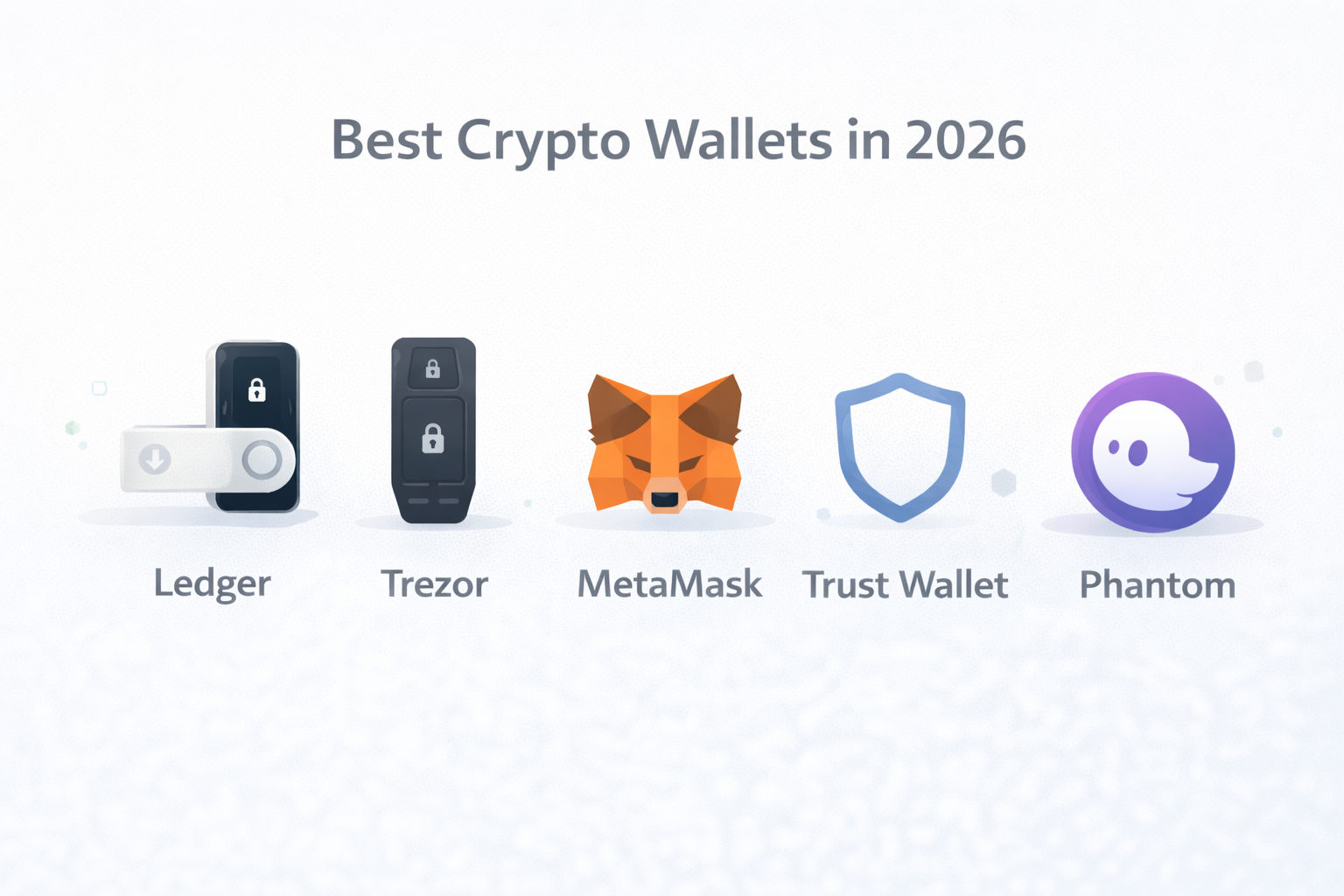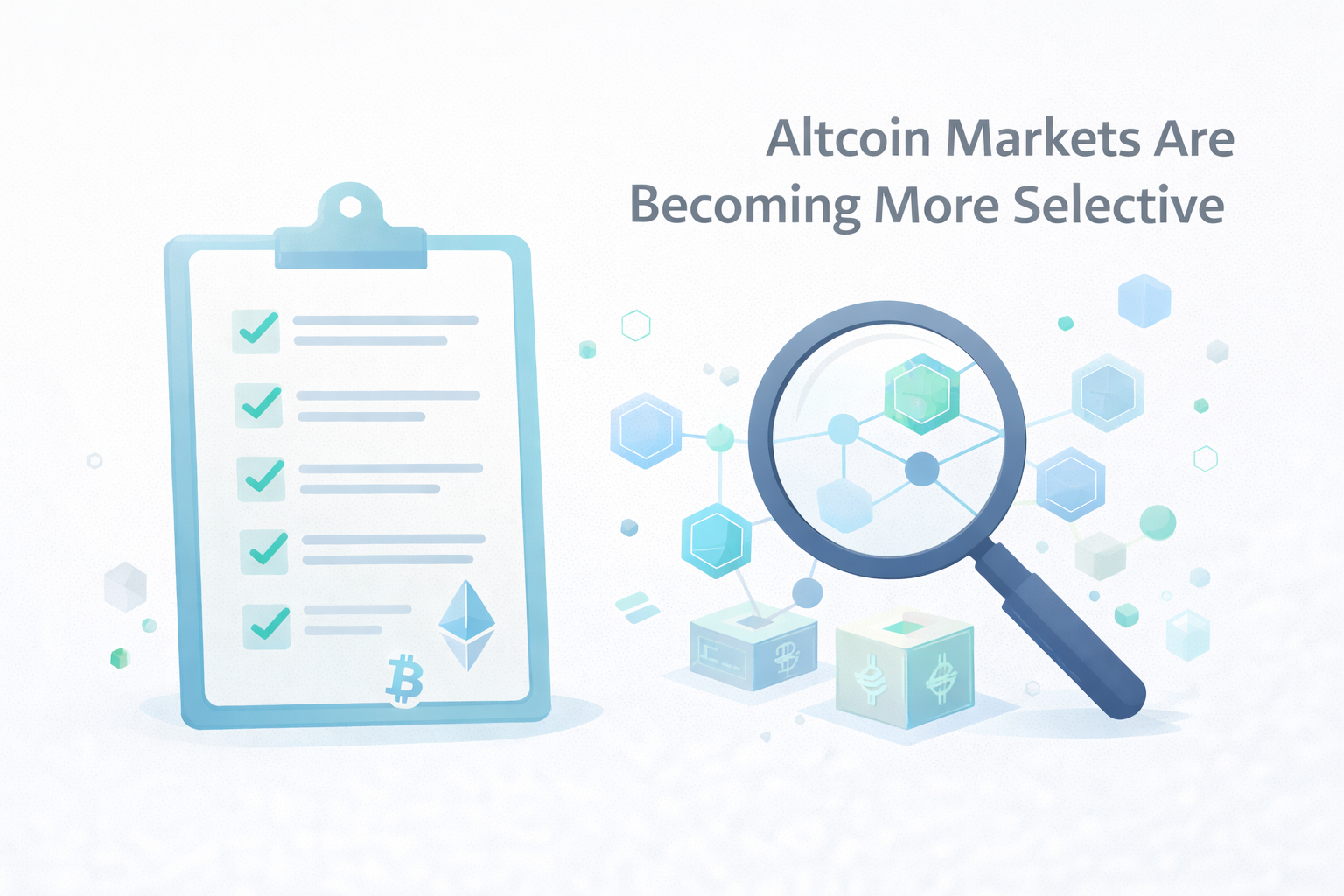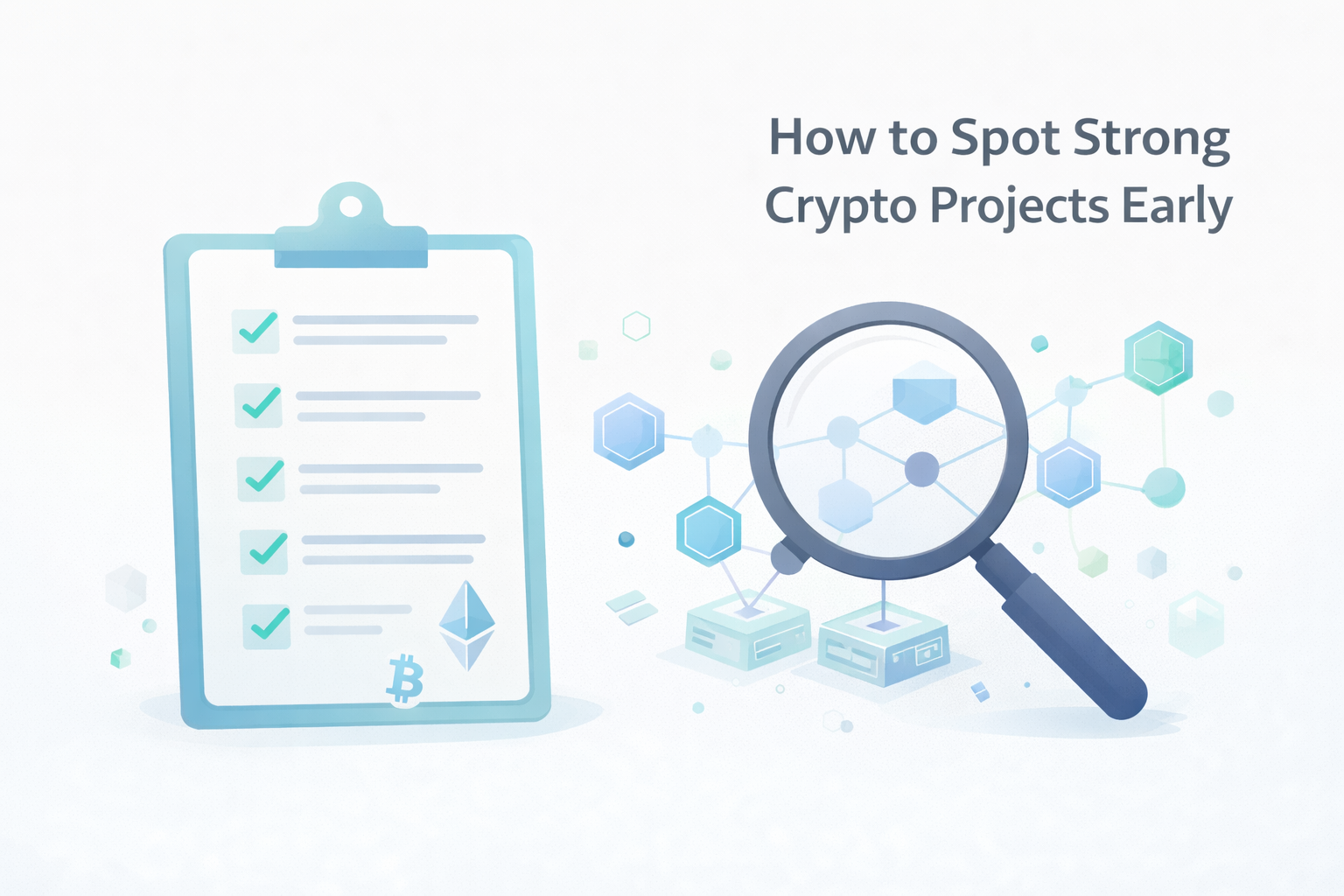Bitcoin Explained for Beginners (2025): What It Is, How It Works, and How to Get Started
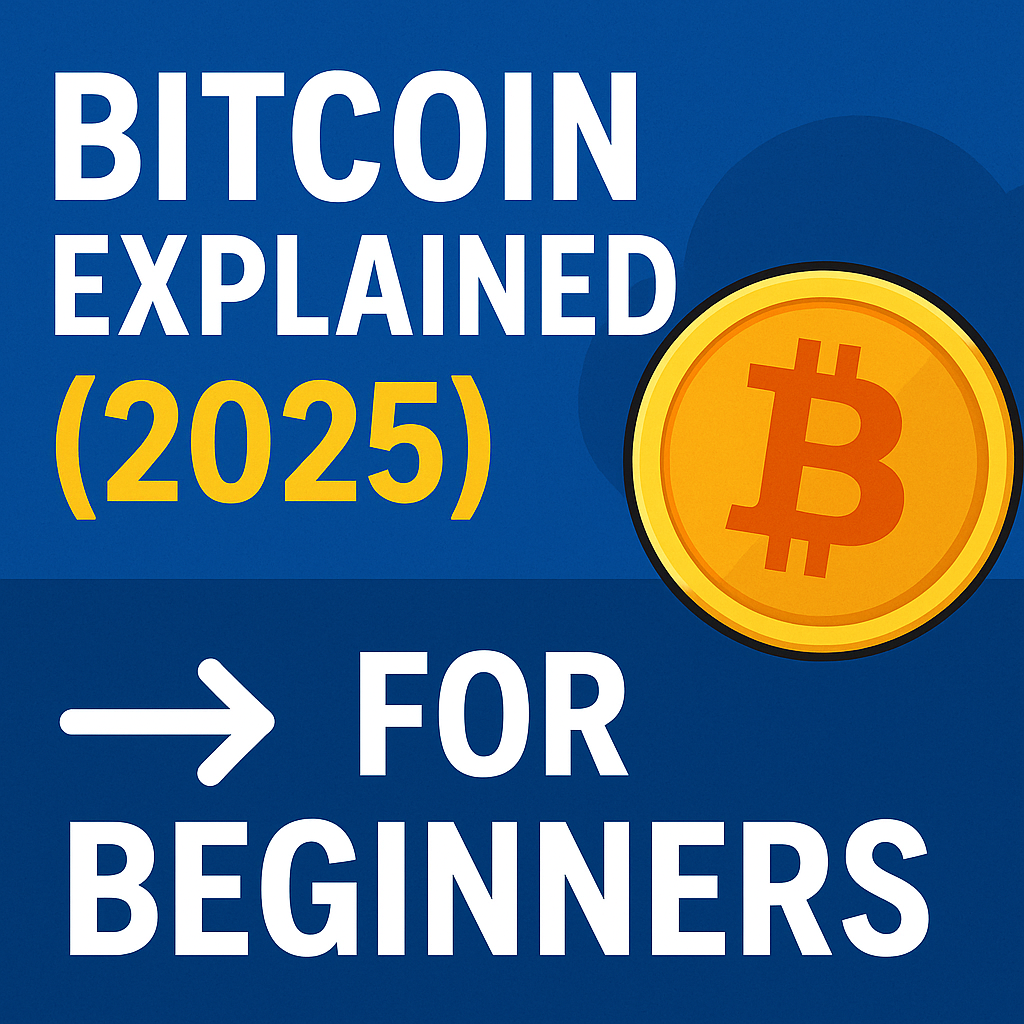
What is Bitcoin? A Beginner’s Blueprint for 2025
Bitcoin is more than just a digital currency—it’s a revolution in how we understand and use money. Introduced in 2009 by the mysterious Satoshi Nakamoto, Bitcoin is the world’s first decentralized digital currency, designed to give individuals complete control over their money—no banks, no governments, just you and your wallet – Bitcoin guide 2025.
At its core, Bitcoin operates on a transparent and tamper-proof ledger called the blockchain, where every transaction is recorded and verified by thousands of computers across the world.
💰 The Evolution of Money
🔍 What is Money, Really?
Money has always been a way to represent value—something we give in return for goods and services. Over centuries, this “value” has taken many forms: shells, salt, gold, and now paper currency.
🧾 From Gold to Fiat
Paper money originated as a promise—a receipt backed by actual commodities like gold. But over time, we moved away from commodity-backed currencies to fiat money, where currency value is based on trust in the government. This shift introduced two major challenges:
- Centralization: Control of money lies with central banks or governments.
- Inflation: Excessive printing leads to currency devaluation.
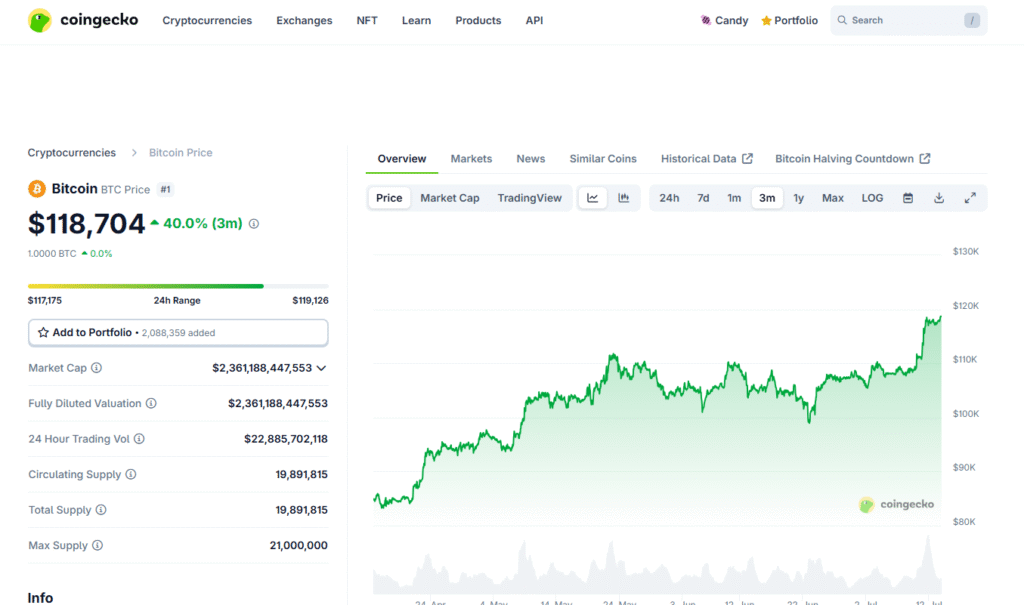
The Digital Leap & Its Flaws
In the modern era, most money exists digitally—through credit cards, wire transfers, PayPal, etc. But this digital system is still centralized. Banks maintain ledgers and act as gatekeepers.
Here’s the issue: digital files can be copied. So how do you stop someone from duplicating money files (the “double-spend” problem)?
Today’s solution is central ledgers maintained by banks, but that still demands trust in a central authority.
Enter Bitcoin: The Internet of Money
Bitcoin solves the double-spend problem using a decentralized ledger (blockchain). Every Bitcoin transaction is recorded on a public blockchain, accessible to everyone but controlled by no one.
Key Features of Bitcoin:
- Decentralized: No single entity has control.
- Transparent: Anyone can verify transactions.
- Pseudonymous: Wallet addresses are public, but the identity behind them is hidden.
- Immutable: Once recorded, transactions cannot be altered.
Bitcoin Pizza Day 🍕
In 2010, Laszlo Hanyecz paid 10,000 BTC for two pizzas—now worth over $1 billion. This iconic transaction marked Bitcoin’s first real-world use.
How Bitcoin Compares to Banks
| Feature | Traditional Banking | Bitcoin |
|---|---|---|
| Control | Centralized | Decentralized |
| Transparency | Private ledgers | Public blockchain |
| Accessibility | Limited to the banked | Open to anyone with internet |
| Fees | Often high | Typically lower |
| Inflation Risk | High (can print money) | Fixed supply (21M BTC cap) |
What is Blockchain?
The blockchain is a distributed, digital ledger maintained by a network of computers (called nodes). Every participant keeps a copy of the entire ledger. To corrupt the system, you’d need to hack thousands of nodes simultaneously—a nearly impossible feat.
Why Bitcoin Matters
Bitcoin gives back financial control to the individual. You become your own bank—no middlemen, no gatekeepers. It’s censorship-resistant, borderless, and programmatically scarce.
As Agne Linge from WeFi puts it:
“Bitcoin now acts more like digital gold than everyday currency… it’s mainly used for long-term savings, while stablecoins handle daily transactions.”
Getting Started With Bitcoin in 2025
Step 1: Educate Yourself
Understanding Bitcoin’s purpose and structure is essential. Learn how it works, why it exists, and what separates it from traditional money.
📘 Tip: Take a free online Bitcoin crash course—watch one short video daily and grasp key concepts in a week.
Step 2: Try a Transaction
Get hands-on experience by:
- Downloading a free crypto wallet (like Best Wallet).
- Purchasing a small amount of Bitcoin through platforms like Binance, Bybit, or Kraken.
Learn how to:
- Generate your first wallet address
- Send and receive Bitcoin
- Observe confirmation times and fees
Step 3: Stay Informed
The crypto space evolves rapidly. Stay updated via:
- YouTube channels like Altcoin Daily
- Subreddits like r/Bitcoin
- Crypto news platforms like CoinDesk, The Block, and 99Bitcoins
🔍 Bitcoin’s Role in the Bigger Picture
Bitcoin isn’t just an asset; it’s a response to decades of financial centralization and inflation. In countries like Venezuela, where fiat currency has failed, Bitcoin has become a lifeline.
Just as the internet decentralized access to information, Bitcoin decentralizes access to money.
✅ Final Thoughts: The Power of Sovereign Finance
Bitcoin represents financial empowerment. With it, you control your wealth, your transactions, and your financial future—without needing permission from a bank or government – Bitcoin guide 2025.
You now know more about Bitcoin than 99% of people around you. Welcome to the revolution.
Read more updates and articles on our Crypto category page and also for Bitcoin price Forecast. Also, read our article on – How the Elon Musk–Donald Trump Feud and Epstein Files Are Quietly Rocking the Crypto Market
#Bitcoin #CryptoBeginners #Blockchain #BTC #DigitalCurrency #CryptocurrencyGuide #Bitcoin2025 #HowToBuyBitcoin
